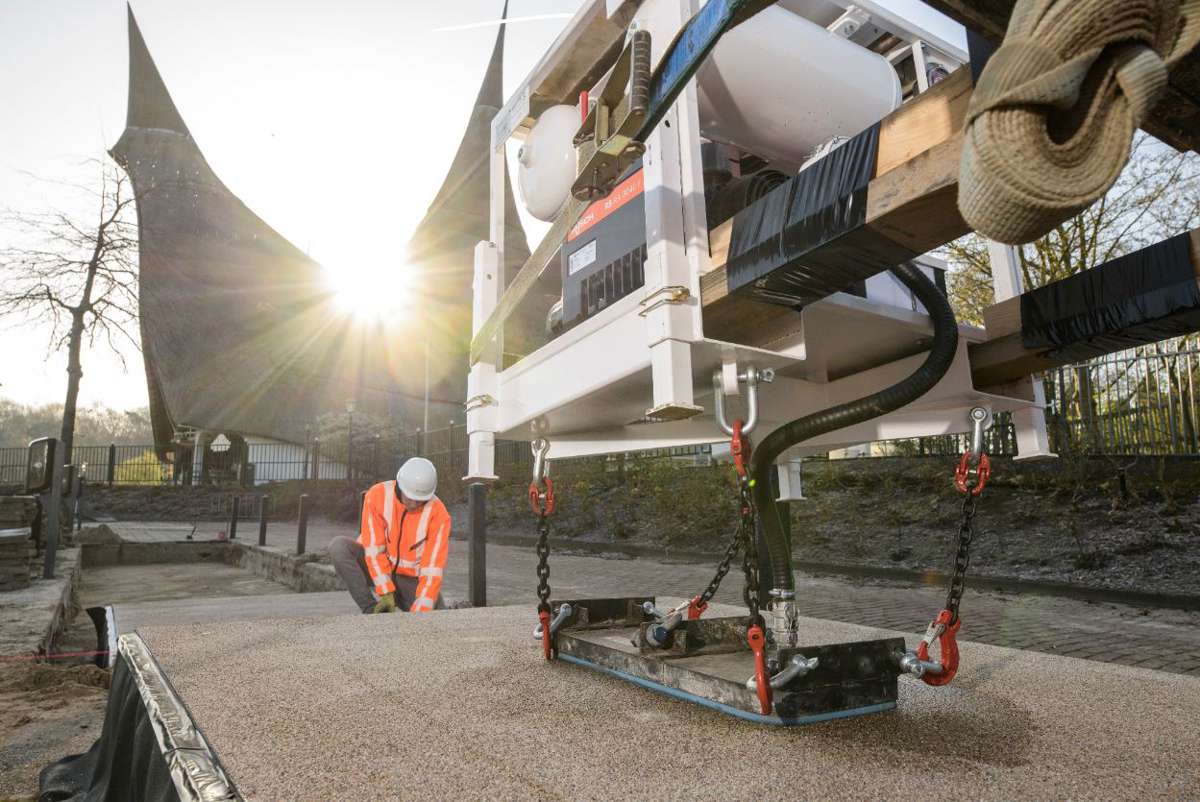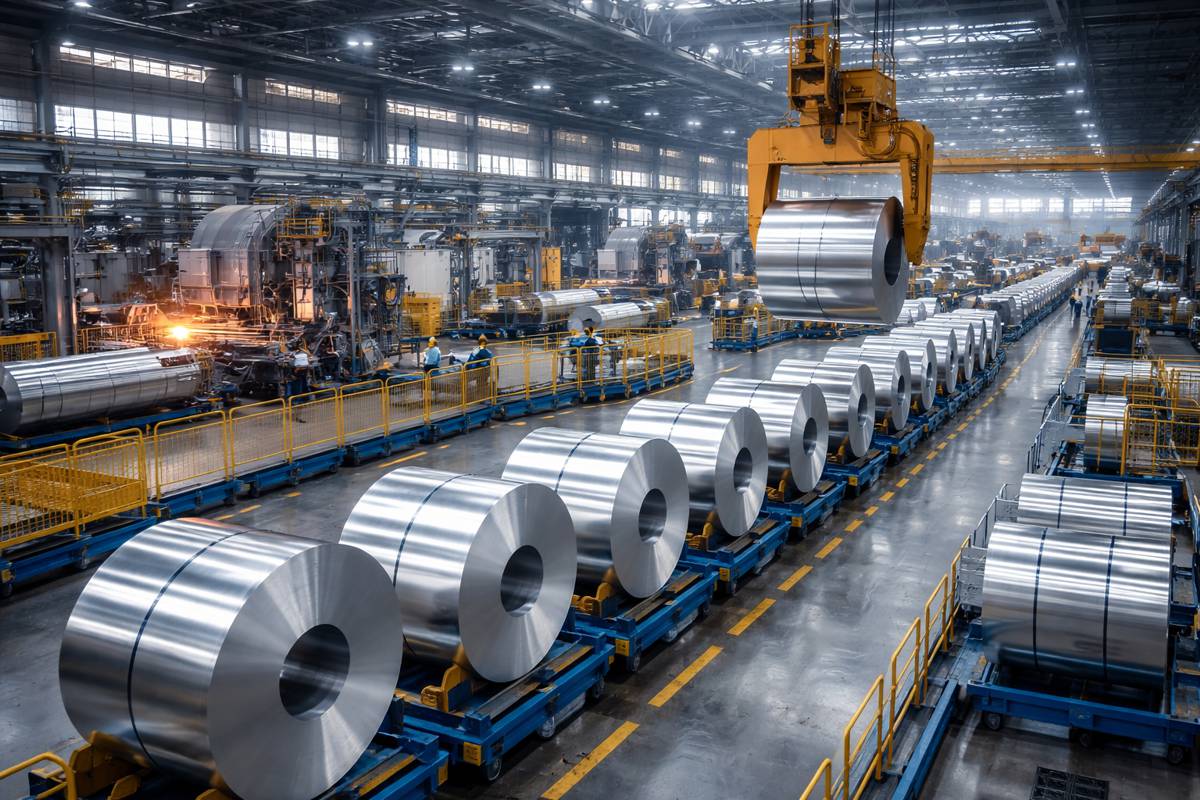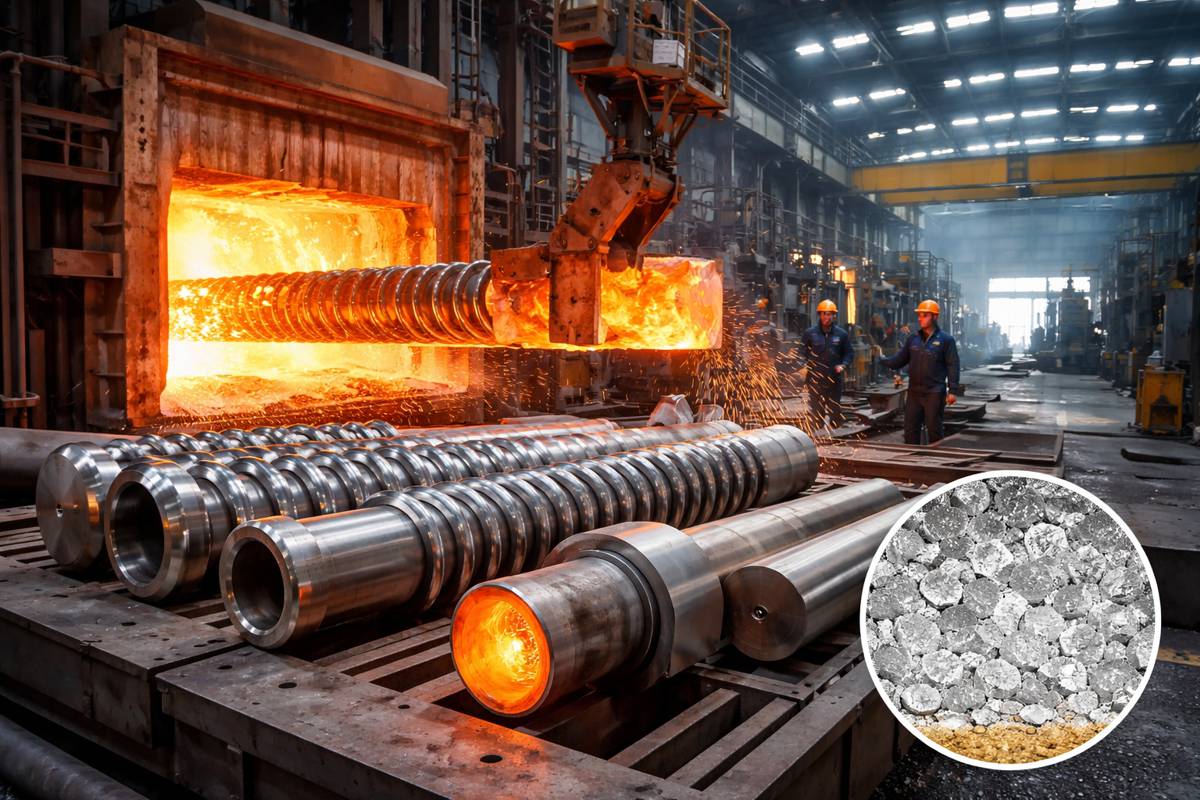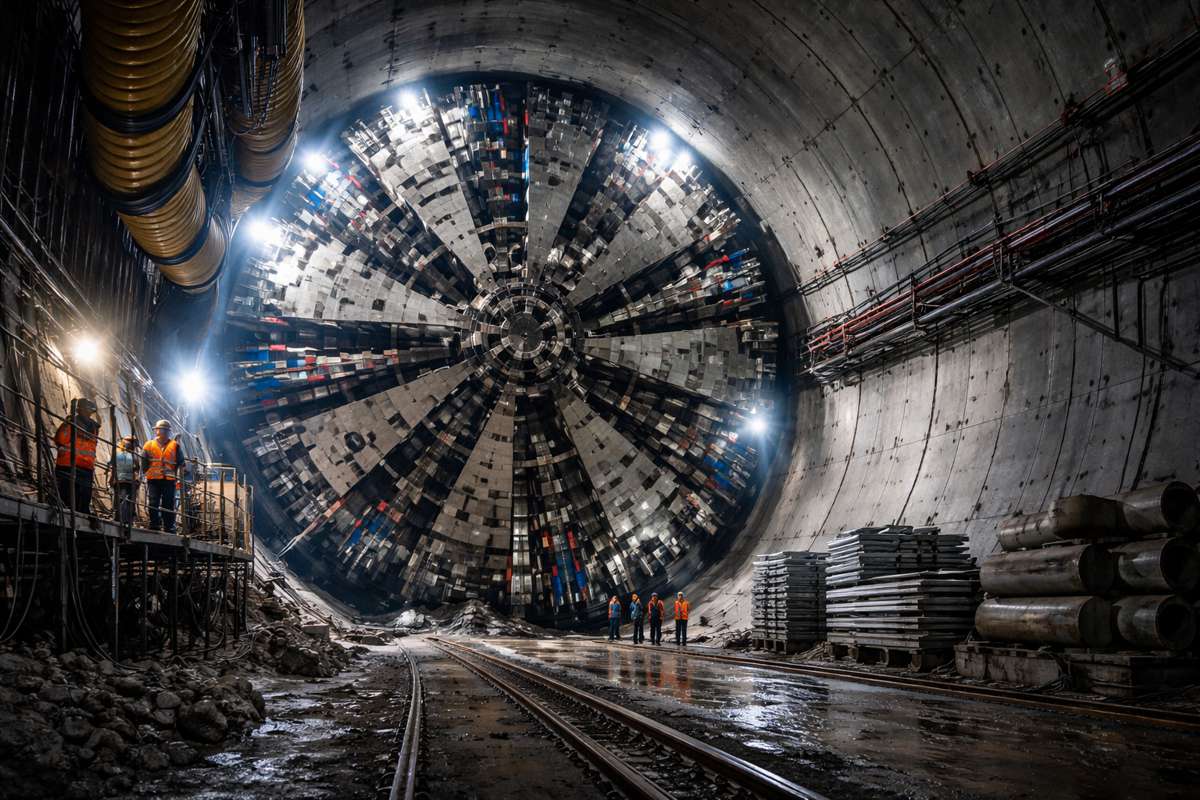PlasticRoad made from plastic waste will deliver a circular infrastructure
According to a new study published by McKinsey (2021), over the next few years, the traditional road construction sector will gradually develop into an automated, digital industry that takes advantage of new materials.
This transformation is taking shape through four key trends: autonomous vehicles, automated production, digitalisation and the adoption of new road-building materials. As a result, the roads of the future will not only look different, but they will also be quicker and easier to produce and construct.
Thanks to the use of new materials, like recycled plastic. PlasticRoad is creating a stir in the traditional world of infrastructure development. With the market introduction of a renewed and industrially produced product, the company is making circular infrastructure made from plastic waste reality.
To respond more effectively to current trends in the market and cater to a more diverse customer demand, PlasticRoad proudly presents a renewed product portfolio. This portfolio offers infrastructure solutions for the effects of climate change, the circular economy and modern-day challenges in the area of infrastructure, like carbon emissions and time and space restrictions and associated costs in built-up areas when it comes to realising and maintaining infrastructure.
“PlasticRoad has come a long way since its first product trials in 2018. Today we officially launch our circular, climate-adaptive and lightweight (CCL) products onto the market. These industrially produced products made from plastic waste are now commercially available, we are ready. With CCL200 and CCL300, we are working together with a wide range of partners on achieving their and our sustainable ambitions,” says PlasticRoad’s Managing Director Eric Kievit.
New partners
The fact that these renewed products can make an even stronger contribution in the area of sustainability has not gone unnoticed. Various new partners have joined. For example, part of the footpath leading to the entrance of the Efteling amusement park was realised using PlasticRoad’s new product CCL300. “At Efteling, we ultimately hope to become climate neutral, and both waste reduction and recycling play an important part in this endeavour.
With this in mind, we embrace this initiative and are enthusiastic about partnering with PlasticRoad. It feels quite special to have a circular and innovative part of our footpath leading to our main entrance,” says the park’s Team Lead for Administrative Affairs Wyke Smit.
In addition to Efteling, PlasticRoad is involved in the following commercial partnerships:
- Municipality of Almere: construction of the first parking spaces and residential street (June 2021)
- Province of Overijssel & Municipality of Hardenberg: construction of the first car sharing location (expected after the summer 2021)
- Delft University of Technology: construction of a bike path in the context of the joint further development of sensors (summer 2021)
- ProRail: exploration of the product as an inspection path (parallel to the rail track) that is intended (inspired by ProRail’s sustainability ambitions) to counter flooding and experiment with modular and circular construction
Renewed product portfolio
With the introduction of the new CCL variants, PlasticRoad’s product portfolio has effectively entered its next phase. The company manufactures its plastic road elements on an industrial scale, with Wavin and VolkerWessels as shareholders. Moreover, the recycled raw material used in their production consists of 100% recycled municipal plastic waste. And what was already the lightest paving structure in the world has become even stronger and lighter – from 48 kg/m² to 40 kg/m².
The recently launched CCL300 product offers a filter system that completely removes the need for a dedicated storm sewer. What’s more: the renewed sensors present new opportunities to scale up the modular infrastructure in terms of functionality and connect it to existing traffic management systems.
Finally, PlasticRoad has reinforced both the connectors between individual road elements and the structure as a whole. Both CCL variants offer the following advantages:
- Climate-adaptive: substantial mitigation of flooding and extended dry spells
- Sustainable and circular: from plastic waste to added value and lower emissions
- Multi-purpose use of the available space: as paving, water storage and drainage, cable storage and possibilities for traffic monitoring and other predictive insights thanks to SMART sensors
- Simplified construction, management and maintenance: attractive total cost of ownership
In the period ahead, PlasticRoad will not only be welcoming new partner organisations but also starting on the actual realisation of various new projects, with a focus on the Netherlands first. Its solutions can count on growing interest from parties in other countries as well, with the construction of the first pilot in Mexico as a striking example.

Ultimately, PlasticRoad intends to roll out its product portfolio worldwide.




























